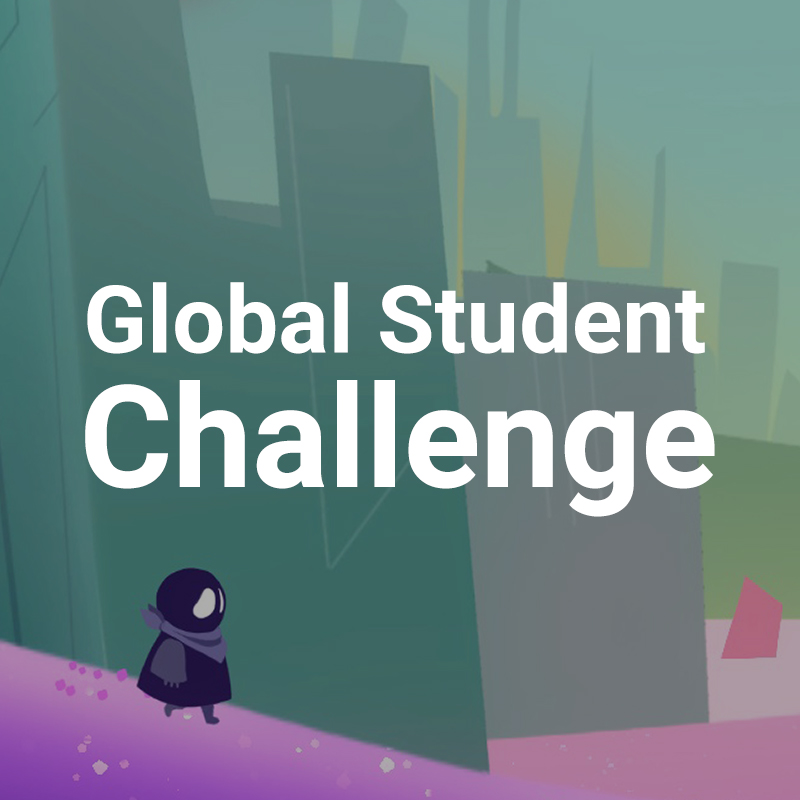Project Background
Inroduction
Previous research has established that issues of integration, discrimination, employment (and unemployment), incapacity support and education rank highly among migrants of varying demographics; including different age groups, genders, education levels and immigration status. Factors such as autonomy, perception, culture and history, as well as institutional constraints shape the dynamics and experiences of migrants and highlight the complexity of the migration process. This complexity is also said to indicate diversity in the migration and integration process as a result of the almost infinite combination of factors that may impact upon migrants’ experiences; influenced by the relationships between the economic, social, political and cultural factors that exist across a given juncture.
Using a co-design approach, MIICT will design, develop and deploy bespoke solutions that address; a) the management of migrant integration, b) the customisation of services to match migrants’ needs, and c) the need for sustained and improved inclusion of migrants. This evidence-based and inclusive software solution aims to improve labour market access, matching individuals with jobs and development opportunities based upon their specific and unique contexts.
MIICT (ICT Enabled Services for Migration) was conceived with the goal of designing, developing and deploying tools that address the challenge of migrant integration. In service of this goal, the project undertakes to co-create improved ICT-enabled services with migrants, refugees, public sector services, NGOs (Non-Governmental-Organisations) and other interest groups.
By involving research-users at the centre of our approach we address the need to improve and customise the interfaces used to access key public services so that they better address the requirements of migrants and refugees. To achieve this MIICT has undertaken the development of a system to capture the specific socio-cultural, economic and legal contexts of migrants; information that can be shared with public authorities.





